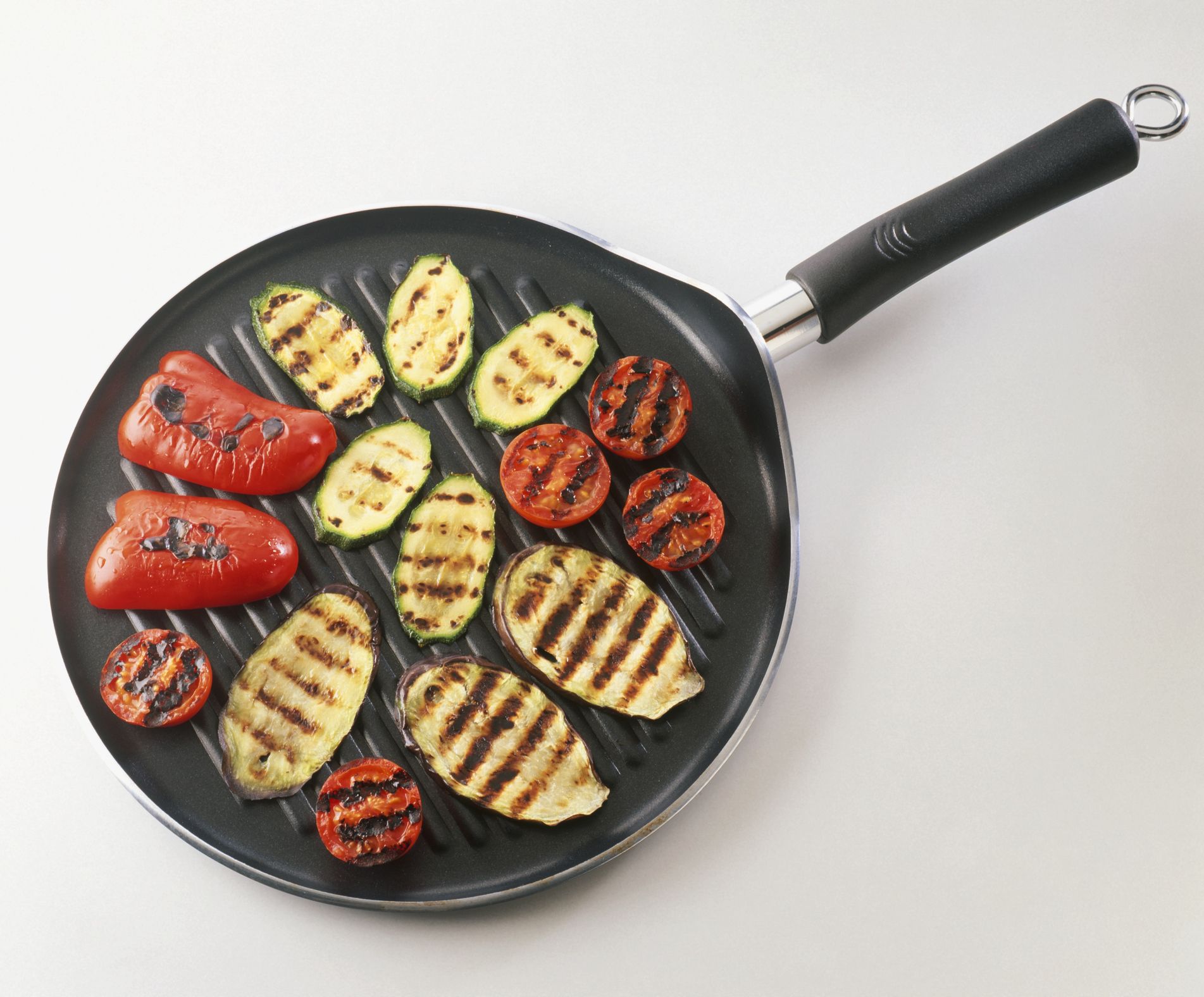Move over, gluten. There’s a new something that could be the cause of all your wellness woes: Lectins.
A naturally occurring protein, lectins are found in beans, legumes, whole grains and some vegetables. Lectins recently hit the big time after former heart surgeon Steven Gundry singled them out in his book The Plant Paradox. In it, he writes that lectins are dangerous because they increase inflammation, cause digestive woes and chronic diseases, and make you fat. Yikes.
That’s prompted a lot of people to try cutting lectins. But is it really worth it-and are there any downsides you should know about? Here’s what you should know.
Why do some experts say lectins are bad?
Lectins have come under fire because they act as antinutrients-compounds that block the absorption of nutrients in other foods. Lectins are also thought by some to act as an inflammatory toxin. “One of the claims is that they incite ‘biological warfare’ in the body to cause weight gain, digestive problems, acne, arthritis, and brain fog,” explains dietitian Christine Palumbo.
Those are some pretty hefty allegations, and they’re not totally false. Red kidney beans in particular contain a type of lectin called phytohaemagglutinin. It can be toxic even in small amounts-but only if you were to eat the beans raw, which you’d probably never even consider doing. Cooking them deactivates the lectin and renders it harmless. (The one exception is dried kidney beans cooked in a slow cooker, where the temperature isn’t high enough to deactivate the lectin.)
Some studies, too, have found that certain lectins can cause damage to the digestive tract. And while that might sound scary, most experts agree that the findings aren’t really applicable to humans. “They’ve looked at purified, isolated lectins, not lectins in the context of food. And they’ve been done in test tubes or on animals,” explains Dr Megan Meyer. “I haven’t seen anything with human studies, or even in clinically relevant situations that look at lectins in the diet.”

How do you avoid lectins?
If you wanted to try a lectin-free diet, you’d avoid the foods that contain them. These include:
- Beans and legumes, including soy and peanuts
- Grains
- Nightshade vegetables like tomatoes, eggplant, potatoes and peppers
- Cow’s milk and eggs (because dairy cows and commercial chickens are fed lectin-containing grains like wheat and corn)
Of course, you’d also have to steer clear of any processed or packaged foods that contain these ingredients. Sometimes they’re obvious-like in the case of jarred tomato sauce or canned black bean soup. But sometimes they’re sneaky. There might be a soy-based thickener in your store-bought salad dressing or a corn-based sweetener in your breakfast cereal, for instance.
Should you try going lectin-free?
Well, it won’t hurt you. But it probably won’t do you any good, either, say Palumbo and Meyer. Not only would it be really difficult-there’s no good evidence showing that you might benefit. “These fearmongers who want to sell books, they’re charlatans,” Palumbo says. “They’re looking for that little something that they can inflate into a dramatic claim. It’s taking a little bit of correct information, but it’s not the whole story.”
What’s more, there’s a good chance that you’d miss out on some important nutrients. Whole grains, beans, and vegetables are rich sources of fibre, which is universally recognised as important for maintaining a healthy weight, lowering the risk for heart disease, and promoting healthy blood sugar levels. “So the research points to the converse, Meyer says. “These foods help us, they don’t hurt.”
The one exception? If you struggle with digestive problems and haven’t found relief by eliminating other foods (like gluten or FODMAPs), there’s no harm in seeing whether getting rid of lectins might help, Palumbo says. Just make sure to work with a dietitian, preferably one who specialises in digestive issues. She can oversee your diet to ensure that you’re eliminating foods in the right way and that you’ll still get all the nutrition you need.
(Want to pick up some healthier habits? Sign up for FREE to get healthy living tips, weight loss inspiration, slimming recipes and more delivered straight to your inbox!)









